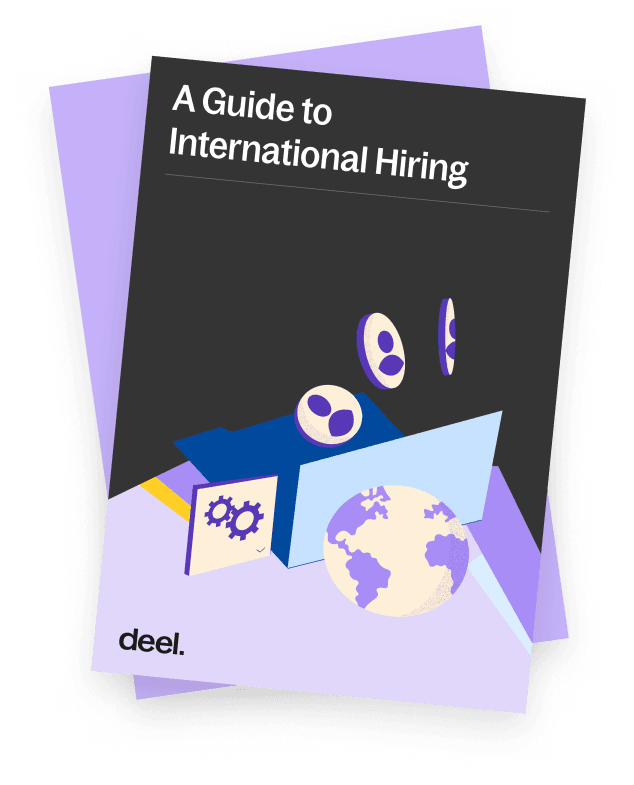Remote Work Glossary
- Results for "undefined"
Table of Contents
What happens during an interview?
What happens after an interview?
What is a job interview
A job interview is a formal meeting between a potential employer and a job applicant.
An employer can conduct interviews during their selection process to establish if the applicant has the necessary knowledge, skills, and abilities to do the job. A job interview also allows the job applicant to learn more about the position to see if it will meet their needs and interests.
A job interview can also help both parties understand if there is a good fit between the applicant and the organization regarding company culture and values.
Job interviews can be in-person, over the phone, or via video conferencing software.
There are often multiple rounds or stages of job interviews to explore whether a candidate is suitable for a particular role.
Once a company has interviewed all its candidates, it selects the most desirable candidate(s) and begins the negotiation of a job offer.
What happens during an interview?
There are different types of interviews depending on the stage of the hiring process that vary in length and structure.
Earlier rounds of pre-employment interviews are sometimes called screening interviews. A recruiter or a member of human resources (HR) typically conducts the screening after reviewing resumes and cover letters and compiling a list of applicants.
During the screening interview, the interviewee asks basic job interview questions to determine whether a job candidate holds the necessary certifications and meets the minimum education and experience requirements outlined in the job description. These interviews typically take place via phone and are much shorter and less in-depth.
As candidates progress through the interview process, more in-depth interviews with a hiring manager or prospective coworkers can occur. The interviewer will typically ask the interviewee a predetermined list of questions in a specific order. Common interview questions might include:
-
Why do you want to work for this company?
-
Please can you tell me about yourself
-
What did you like the most in the job ad?
-
What can you bring to the role?
-
How is your job search going?
-
What constitutes a strong work ethic, in your opinion?
-
What are you looking for in your next job?
-
What is your ideal work environment?
-
What are your greatest strengths?
-
What do you consider to be your weaknesses?
-
Can you share a real-life example of a time you’ve faced a conflict at work and how you dealt with it?
-
Tell me about a time you made a mistake at work
-
How do you prioritize your work?
-
What tools do you use to increase your productivity?
-
What does work-life balance mean to you?
-
What are your salary expectations?
Interviewers should save time at the end of the interview to answer questions from the interviewee.
Panel interviews are another popular method that enables a group of panelists representing various stakeholders in the hiring process to meet with the candidate simultaneously. During the panel interview, the panel may take it in turns to ask questions or request the candidate to present a predetermined topic. Panel interviews can save time by enabling multiple team members to establish first impressions quicker.
Group interviews are another technique where one or more interviewers assess multiple applicants simultaneously. This interview helps evaluate candidates' leadership, adaptability, teamwork, communication, and interpersonal skills.
What happens after an interview?
Following the interview, a candidate should send a thank you letter via email to the interviewee, thanking them for the opportunity.
The company should also take the time to follow up with the candidate via email or phone to inform them of whether or not they were successful.
